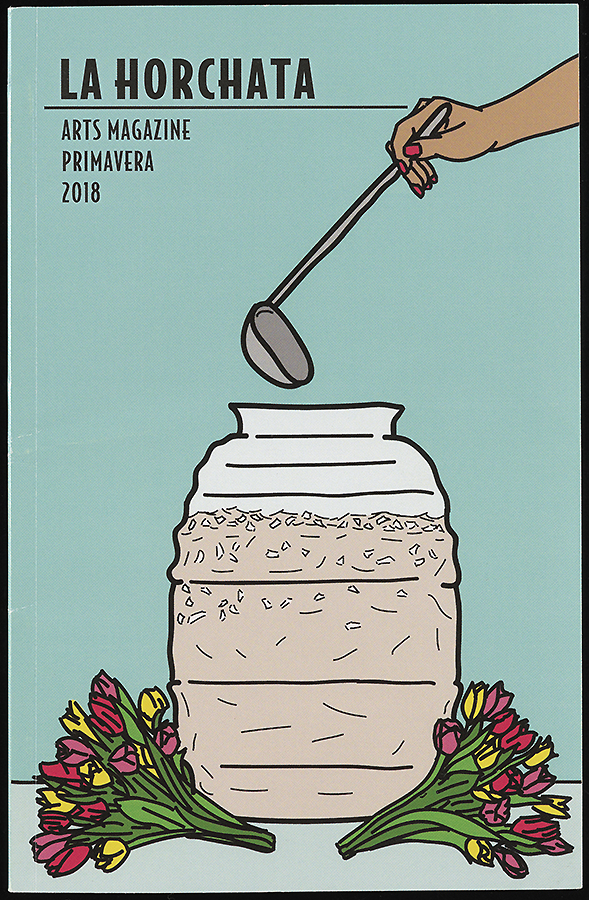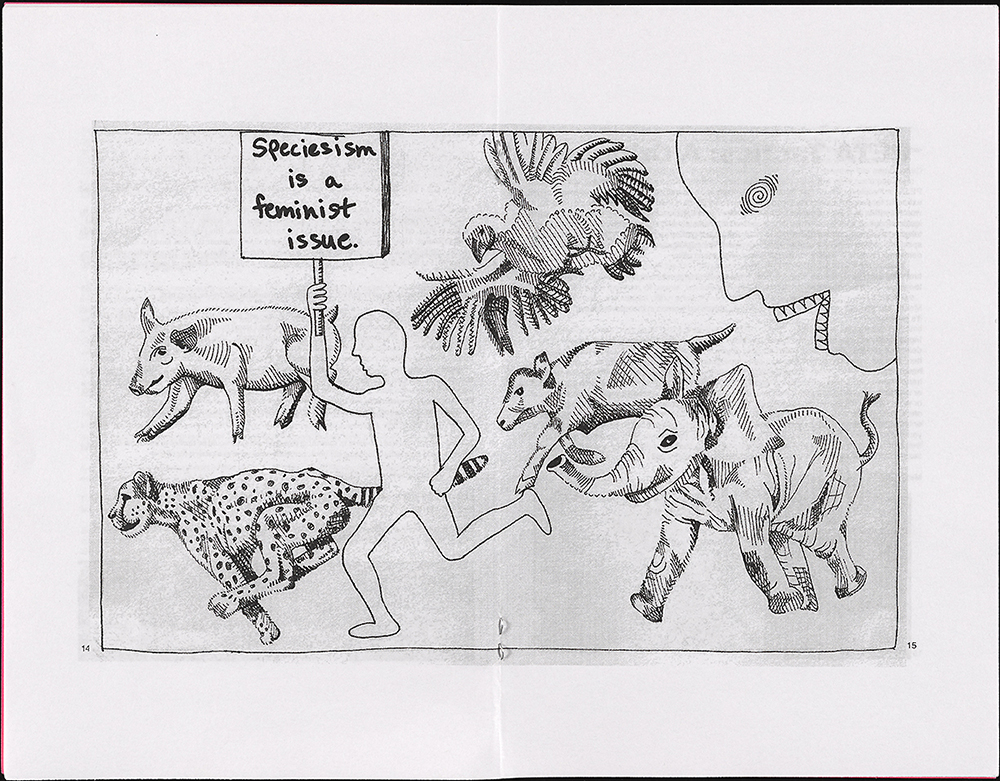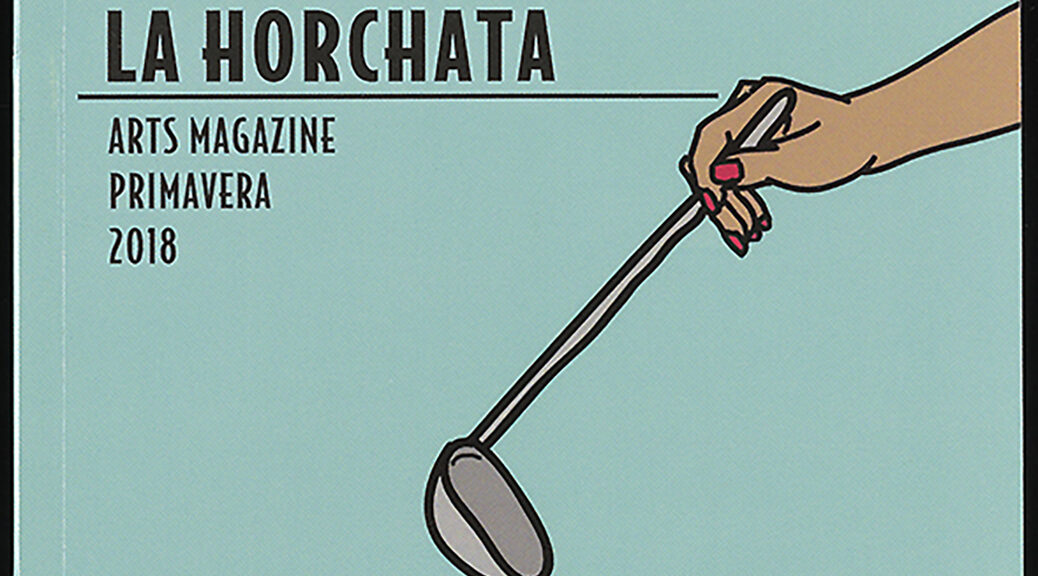“Illuminating Explorations” – This series of digital exhibits is designed to promote and celebrate UT Libraries collections in small-scale form. The exhibits will highlight unique materials to elevate awareness of a broad range of content. “Illuminating Explorations” will be created and released over time, with the intent of encouraging use of featured and related items, both digital and analog, in support of new inquiries, discoveries, enjoyment and further exploration.

Zines, those do-it-yourself publications that have found renewed popularity in the last decade, provide a medium for different groups to cultivate their own forms of expression. And this expression can vary depending on the zine creator. Broadly speaking, recurring themes tend to interrogate identity (gender, sexuality, race), place (home, gentrification, nation), and time (childhood, adolescence, adulthood). For their part, audiences continue to flock to this form of cultural production because zines are affordable, rare, and allow unfettered access to the creator’s perspectives. Such access is significant as many zinesters come from historically marginalized groups that publishing companies have traditionally overlooked. Their perspectives tend to subvert or resist mainstream American ideas.
A new exhibit, “You Are What You (Do Not) Eat: Decolonial Resistance in U.S. Latinx Zines,” aims to underscore this resistance by examining Latinx zines that interrogate food and its impact in shaping cultural identity. Zinesters draw on memoirs and artwork to promote plant-based diets and condemn colonial impositions regarding food, “healthy” bodies, and medicine. As an offshoot of food, the exhibit also highlights zines that discuss traditional healing, speciesism, and body positivity.

Viewers will find a nice array of zines, with contributors from as nearby as San Antonio and as far as Washington D.C. Some examples will be more text heavy while others will use mixed media to articulate their points.
This collection will be of interest to anyone who is interested in zine culture, food studies, decolonial studies, and Latinx cultural production. My hope is that scholars will develop similar projects using zines. The print versions of these zines and others are available in the Rare Books and Manuscripts Room at the Nettie Lee Benson Latin American Collection.
Daniel Arbino is the Librarian for U.S. Latina/o Studies.

